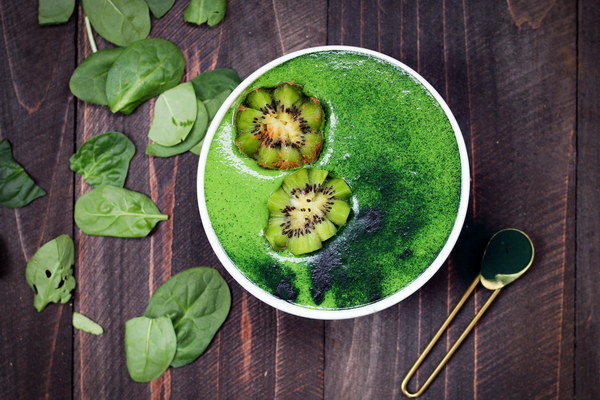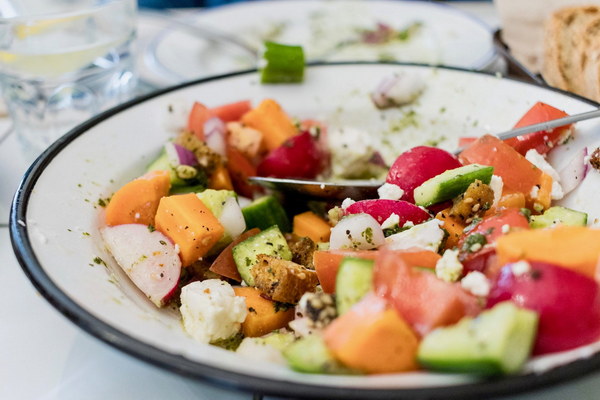Gastric Soothing Delights The Healing Power of Shrimp
In the pursuit of a healthy and balanced diet, one often seeks out foods that can not only nourish the body but also soothe the stomach. Among the myriad of seafood options, shrimp has emerged as a culinary gem with remarkable digestive benefits. This article explores the wonders of shrimp, highlighting its properties that make it an excellent choice for those looking to nurture their gastrointestinal health.
Shrimp, a versatile and delightful seafood, is not just a flavorful addition to any meal but also a powerhouse of nutrients that can help in maintaining a healthy digestive system. Here's why shrimp should be a staple in your diet if you're looking to support your stomach's wellbeing.
1. High in Protein
Protein is essential for repairing and building tissues, including the lining of the stomach. Shrimp is an excellent source of high-quality protein, making it an ideal food for those looking to support their digestive health. Consuming enough protein can help reduce inflammation and prevent ulcers, which are common issues affecting the stomach.
2. Rich in Omega-3 Fatty Acids
Omega-3 fatty acids are known for their anti-inflammatory properties. They help reduce inflammation in the stomach and can alleviate symptoms of conditions such as irritable bowel syndrome (IBS). Shrimp is a good source of omega-3s, making it a perfect choice for those seeking to promote a healthy stomach.
3. Low in Fats and Calories
Shrimp is low in fat and calories, which makes it a great option for those who are watching their weight while also focusing on their stomach health. By incorporating shrimp into your diet, you can enjoy a nutritious meal that won't burden your digestive system, allowing it to function more efficiently.
4. Rich in Nutrients
Shrimp is loaded with essential nutrients such as vitamins B12, B6, niacin, selenium, and phosphorus. These nutrients play a crucial role in maintaining a healthy digestive system. For instance, vitamin B12 is essential for the formation of red blood cells and the maintenance of a healthy nervous system, which can be affected by poor digestion.
5. Easy to Digest
Compared to other seafood, shrimp is relatively easy to digest. This is because it contains a high amount of water and is low in fiber. This makes it an excellent choice for those with sensitive stomachs or digestive issues, as it is less likely to cause bloating or discomfort.
Incorporating shrimp into your diet can be as simple as adding it to salads, stir-fries, or as a main dish. Here are a few ideas to help you enjoy shrimp while nurturing your stomach:
- Shrimp Avocado Salad: Combine chopped shrimp, sliced avocado, cherry tomatoes, and mixed greens for a refreshing and nutritious meal.

- Spicy Shrimp Stir-Fry: Stir-fry shrimp with bell peppers, onions, and ginger for a flavorful and easy-to-digest dish.
- Shrimp and Vegetable Paella: Cook shrimp with a mix of vegetables and rice in a flavorful broth for a satisfying one-pot meal.
While shrimp can be a great addition to a healthy diet, it is essential to consume it in moderation. Overeating shrimp or any food can lead to indigestion and discomfort. Additionally, some individuals may have shellfish allergies, so it's crucial to be aware of your body's reaction to shrimp before incorporating it into your diet.
In conclusion, shrimp is a delightful and nutritious food that can help support your gastrointestinal health. Its high protein content, omega-3 fatty acids, and essential nutrients make it an excellent choice for those looking to nourish their stomach while enjoying a delicious meal. So, go ahead and savor the healing power of shrimp while treating your taste buds to its exquisite flavors.









